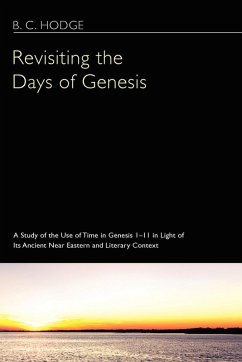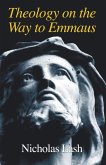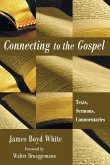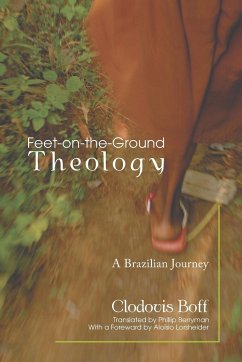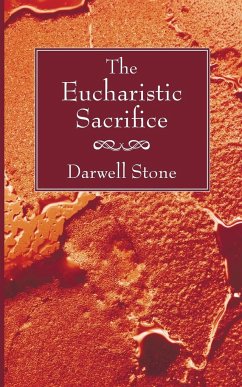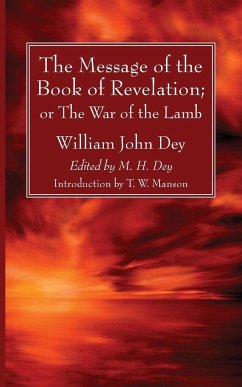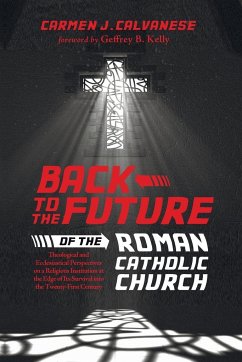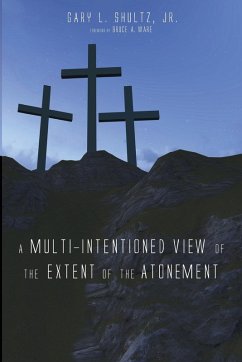A commitment to historical-grammatical hermeneutics often has been confused with a commitment to literal language. Time, in our modern conception, has been construed as a measurement of temporal units, and the numbers assigned to them, as merely counting those units. However, a study is needed to explore whether this is the Genesis author's use of time, and whether numerical values utilized suggest something other than tracking simple measurements. This book attempts to offer an answer to this question by analyzing the ancient Near Eastern and literary context of the Book of Genesis in terms of its use of temporal language in determining its value within the narrative. It is the contention of this book that both of these concepts have been misunderstood to such an extent that these misperceptions often obstruct interpreters from understanding the sociological and theological intent of the author to convey a theology of God, man, creation, and chaos that addresses concerns of both the ancient and the modern reader.
Hinweis: Dieser Artikel kann nur an eine deutsche Lieferadresse ausgeliefert werden.
Hinweis: Dieser Artikel kann nur an eine deutsche Lieferadresse ausgeliefert werden.

